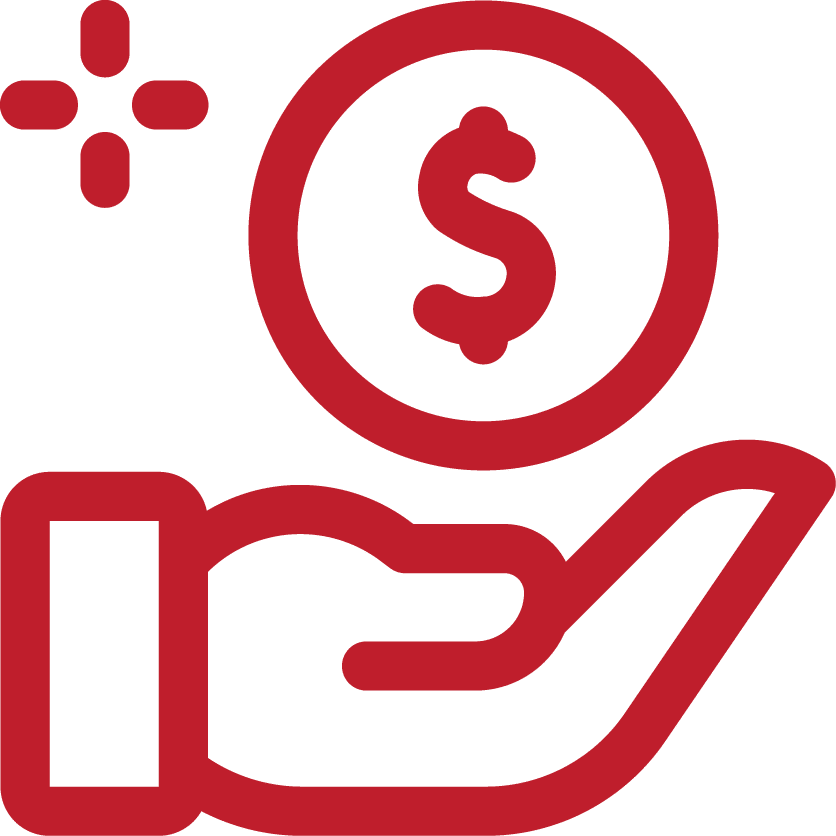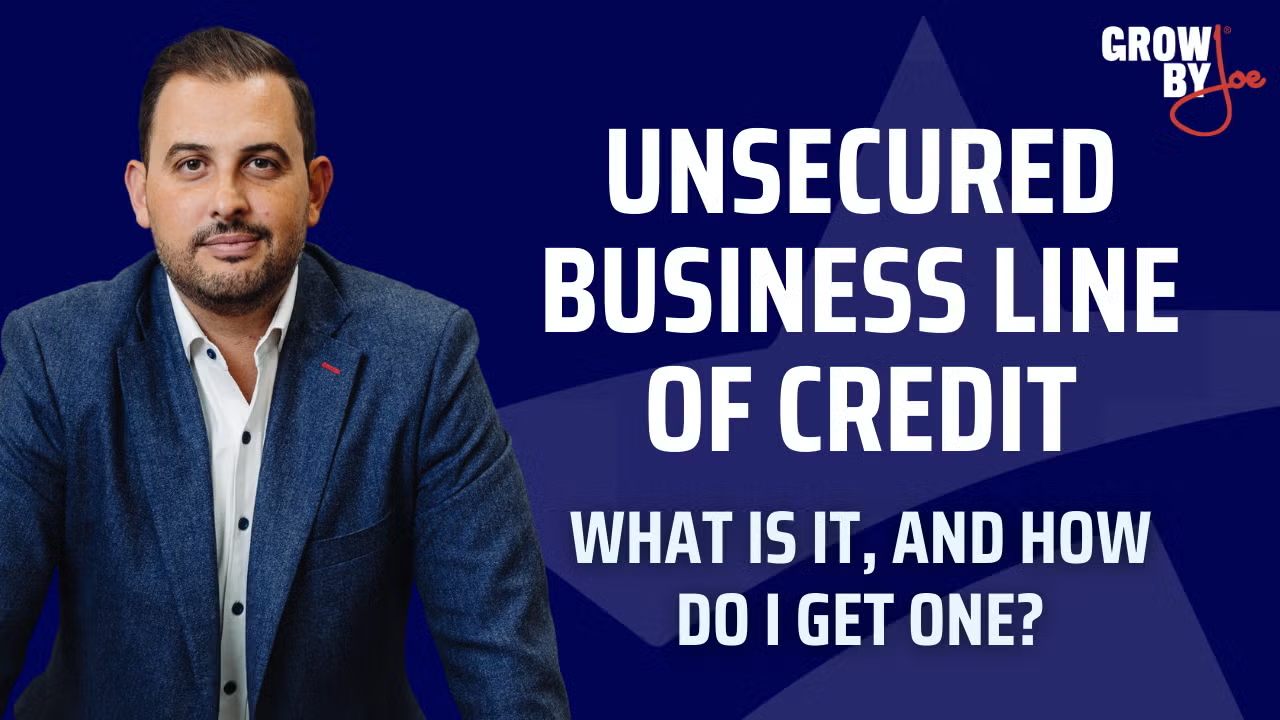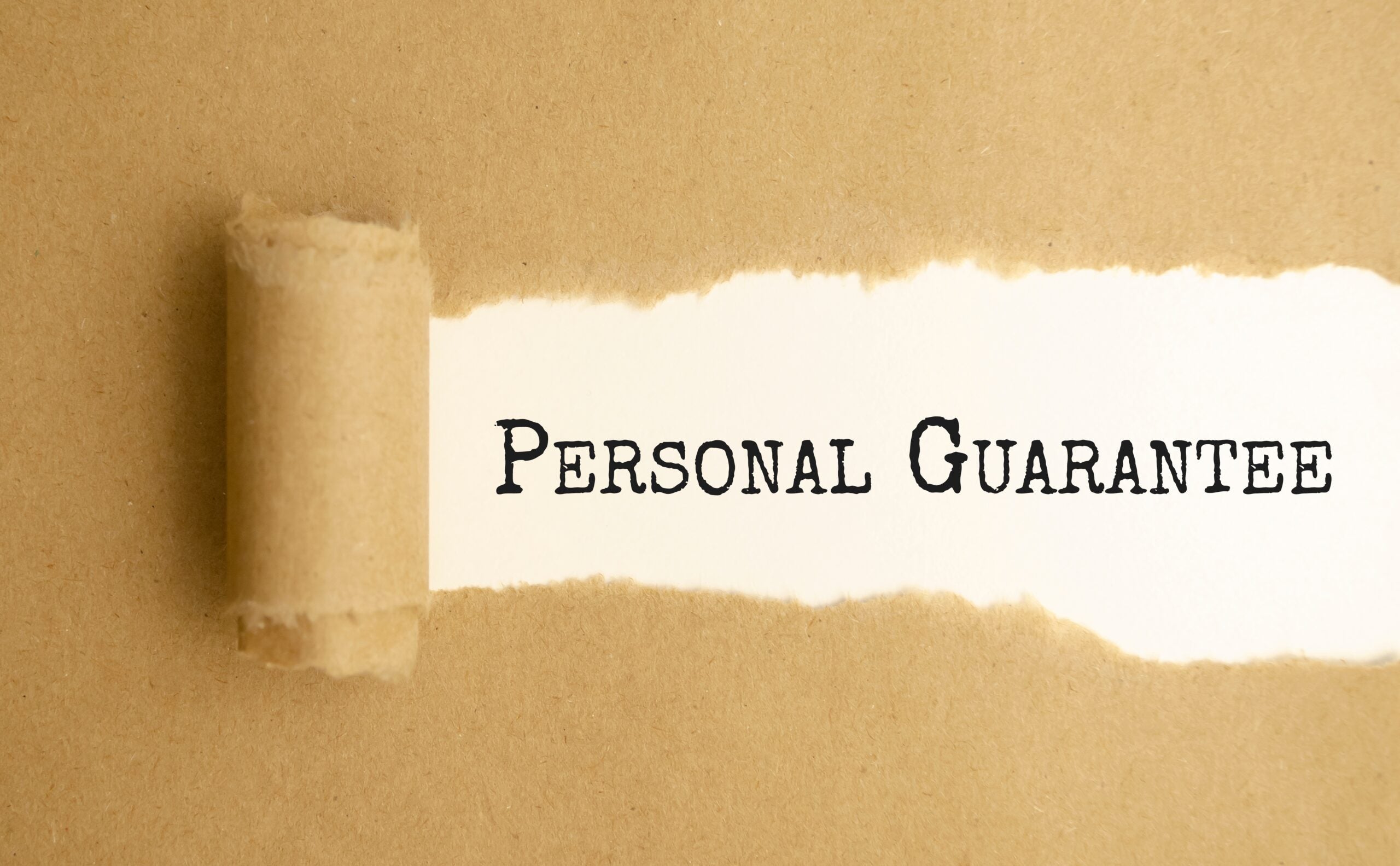Qualifications for an Unsecured Business Line of Credit
1+ Year in Business
$500,000 in Annual Revenue
What Is an Unsecured Business Line of Credit?
Unsecured business lines of credit are a type of flexible financing available to businesses that don’t require a collateral offering. This means the business won’t need to pledge assets, like real estate or equipment, to secure the loan. Instead, eligibility is determined based on the creditworthiness and profitability of the business.
Lines of credit are flexible, allowing businesses to borrow up to a certain limit and repay over an extended schedule. Interest applies only to what you take, not your total credit limit, which lets businesses keep their line of credit on the sideline as emergency funds.
They’re often used for short-term needs, like managing cash flow, buying inventory/supplies, or covering sudden expenses. Keep in mind, though, that unsecured financing generally carries higher interest rates than secured options because the lender’s taking on more of a risk by not requiring a collateralized asset.
Secured Vs. Unsecured Business Line of Credit
The main difference between secured and unsecured business lines of credit lies in the requirement of collateral:
Secured Business Line of Credit
- Requires Collateral: This type of credit requires the business to offer assets (like real estate, equipment, or inventory) as collateral. The lender can seize these assets if the business fails to repay the borrowed amount.
- Lower Interest Rates: Typically, secured lines of credit have lower interest rates because the collateral reduces the lender’s risk.
- Higher Credit Limits: Due to the security provided by collateral, lenders may offer higher borrowing limits.
- Easier to Qualify: Businesses with less-than-perfect credit might find it easier to qualify for a secured line of credit because the collateral offsets the lender’s risk.
Unsecured Business Line of Credit
- No Collateral Requirement: Unsecured financing doesn’t require collateral backing. This can be advantageous for businesses without significant assets or those unwilling to risk their assets.
- Higher Interest Rates: Unsecured lines typically have higher interest rates compared to secured lines, as the lender takes on more risk without any collateral.
- Lower Credit Limits: The borrowing limits are often lower due to the increased risk to the lender.
- Stricter Credit Requirements: Lenders usually require a stronger credit history and financial standing because there’s no collateral to fall back on.
The decision between the two financing options comes down to the business’s willingness to offer collateral. Keep in mind, though, that unsecured financing options generally carry higher interest rates than their secured counterparts because there’s more risk for the lender.
How Hard Is It to Get an Unsecured Line of Credit?
Obtaining an unsecured line of credit can vary in difficulty depending on several factors:
- Creditworthiness: Businesses with high credit scores have a better chance of qualifying for an unsecured line of credit options because of their proven credit history.
- Financial Health: Lenders will assess the financial stability of the business, including a review of income statements, balance sheets, cash flow, and profitability. A strong financial position makes it easier to qualify for favorable terms.
- Business History: Established businesses with a track record of success and financial stability are often viewed as less risky. Newer businesses might find it more challenging to qualify because lenders consider them unproven and, therefore, risky.
- Industry Risk: Some industries are considered riskier than others. Businesses in stable, growing industries may have an easier time obtaining credit compared to those in volatile sectors.
- Lender’s Requirements: Different lenders have varying criteria. Some may have more stringent requirements than others. Shopping around can help find a lender whose requirements align with the business’s situation.
- Economic Conditions: Broader economic conditions can influence lending practices. During economic downturns, lenders might tighten their criteria, making it harder to secure credit.
Generally, it’s more difficult for newer and less established businesses to qualify for unsecured financing options. That doesn’t mean it’s impossible, though, as there are a variety of different ways to improve your terms. At National Business Capital, we handle the negotiations for you.
Is Having an Unsecured Line of Credit Beneficial?
Having an unsecured line of credit can be beneficial for several reasons:
- Flexibility in Cash Flow Management: Businesses can access funds when needed, which is particularly useful for covering short-term cash flow gaps, sudden expenses, and seasonal fluctuations in revenue.
- No Collateral Requirement: Since it’s unsecured, businesses don’t need to provide collateral, which is advantageous for companies that may not have significant assets or prefer not to risk their assets.
- Only Pay for What You Use: Unlike a traditional loan, you only pay interest on the amount you actually borrow, not the total credit limit.
- Potential to Build Credit: Responsibly using and repaying an unsecured line of credit can help a business build or improve its credit rating, opening the door for future opportunities.
- Emergency Funding: It can serve as a safety net in case of emergencies, providing quick access to funds without the need for a new loan application and fees each time.
- Operational Flexibility: It can be used for a variety of purposes, from inventory purchases to funding new projects.
It’s important to consider that unsecured lines of credit carry higher interest rates and more robust credit score requirements than secured options. Still, you should consider that the cost of capital is often outweighed by the revenue gains from your investment if you have the right financing in place.
How to Qualify for an Unsecured Business Line of Credit
The requirements for obtaining a business line of credit can differ among lenders, but generally, they assess similar factors, which include:
- Personal Credit Score: Lenders often require higher credit scores for unsecured business lines of credit, but there are options for those with lower credit scores. National Business Capital can help you explore what’s available.
- Annual Revenue: Lenders typically want to see at least $500,000 in annual revenue or the equivalent in monthly revenue.
- Business Tenure: Most lenders require your business to be operational for at least one year, as this demonstrates your capability to manage and sustain your business effectively.
- Financial History: To evaluate your repayment capacity, lenders will review your financial documents, such as bank statements, balance sheets, and cash flow statements, to determine if your business can handle the requested debt.
Outside of qualification, these factors will also influence the determination of your credit limit, interest rates, and repayment terms. The stronger your business credentials, the more favorable the rates and terms you’ll likely receive.
Where to Get an Unsecured Business Line of Credit
Unsecured business lines of credit are offered by banks, credit unions, and online lenders.
Banks and credit unions generally provide the lowest interest rates, but they carry stringent eligibility requirements. You’ll need good credit, strong revenue, and a robust credit history to reach an approval.
In 2024 – have slowed their lending considerably due to market conditions. Even those with longstanding bank relationships are finding it difficult to access capital through these traditional lenders, which has pushed businesses toward private credit, which encompasses the non-bank and alternative funding options outside of banks and credit unions.
Non-bank lenders are known for their rapid and straightforward financing procedures. Some can even process and fund applications within a day. These lenders are generally more flexible in terms of eligibility and don’t always consider credit scores during the review process.
This convenience and accessibility come at the cost of higher interest rates compared to traditional financial institutions. Still, these institutions are offering access to capital when banks aren’t, making them even more of an attractive option for growing businesses.
What Is the Average Interest Rate on an Unsecured Business Line of Credit?
Unsecured business line of credit interest rates range widely from 10% to 99%. Your specific interest rate will depend on the financial background of your business, the lender you’re working with, and the market conditions surrounding your transaction, among many others.
Traditional financial institutions like banks and credit unions generally offer the most competitive rates. Online lenders come with higher interest rates but a wide variety of other benefits.
Is Collateral Required for a Business Unsecured Line of Credit?
Collateral can be a variety of different assets, including:
- Real estate
- Equipment
- Inventory
- Invoices
- Cash/investments
If you default on your payments, the lender can claim the collateral as a method of recouping the lost payment. It’s essentially an extra layer of protection that transfers some of the risk from the lender to the borrower.
Unsecured financing doesn’t require collateral, so there’s no risk to your business assets.
Are Personal Guarantees Required on Unsecured Business Line of Credit?
A personal guarantee is a clause that lenders may include in business financing agreements that holds the business owner accountable for their business’s debt if it defaults. Much like collateral requirements, they’re imposed to manage the lender’s risk.
By agreeing to a loan with a personal guarantee, you effectively become a cosigner and pledge to repay the debt if your business fails to do so.
Some lenders may require personal guarantees, while others do not. Whether you’ll need to sign one will depend on the financial background of your business, the lender you’re working with, and the market conditions surrounding your transaction.
What Is the Funding and Repayment Process for an Unsecured Business Line of Credit?
Once you’ve signed a contract with your lender, you’ll gain access to your full credit limit, which you can use as needed. Be aware, though, that some lenders impose additional fees, like origination fees, monthly/annual maintenance fees, withdrawal fees, and inactivity fees, if the line of credit remains unused for a certain period.
Repayment terms can be weekly or monthly, depending on your agreement. Some unsecured credit lines have the option to repay the funds early without a prepayment penalty, but this varies from contract to contract. However, as long as you keep up with timely payments and stay within your credit limit, you can continue to access funds from your business line of credit.
Unlock the Lowest Rates, Longest Terms, and Highest Amounts
Line Amount
$100,000 to $10 Million
Repayment
Revolving and Other Options
Time to Fund
24-48 Hours
Find the Best Unsecured Business Line of Credit With National Business Capital
| Banks | Direct Lenders | ||
|---|---|---|---|
Paperwork |
| Banks
| Direct Lenders
|
Application |
| Banks
| Direct Lenders
|
Number of Lenders | 75+ | Banks 1 | Direct Lenders 1 |
Service Level | Business Advisor | Banks Processor | Direct Lenders Programmatic |
Approval Process | Hours/Days | Banks Weeks/Months | Direct Lenders Days/Weeks |
Speed to Funding | Hours/Days | Banks Months | Direct Lenders Days/Weeks |
Collateral Requirements | Not Necessary | Banks Always | Direct Lenders Sometimes Required |
Business Profitability | Not Necessary | Banks Last Two Years | Direct Lenders Sometimes Required |
Credit Score | Not necessary | Banks 680+FICO | Direct Lenders 600+FICO |
Credit Check | Soft Pull | Banks Hard Pull | Direct Lenders Hard Pull |





